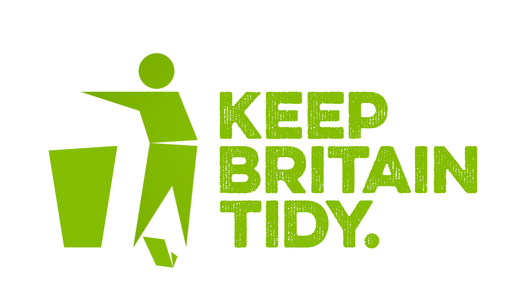Our behaviour, no matter how far away we live from the sea, can impact marine life.
Most towns and cities across the UK are connected to the sea via rivers, which carry our plastic waste to the sea. Plastic can either be blown directly into rivers or washed down storm drains, which lead to rivers even if it was dropped miles away. Once in the river it either stays in the ecosystem, damaging riverine habitats and wildlife, or it makes its journey to the sea where it will stay for hundreds of years, harming marine life.
We all know bottles and bags contain plastic, but did you know that most items like wet wipes, sanitary pads and tampons also contain plastic? This means they don’t break down in the sewer and cause blockages, which can contribute to floods.
When sewers are blocked or there is heavy rainfall, sewers sometimes overflow into rivers, meaning the products we flush down the loo end up in watercourses and harming wildlife.
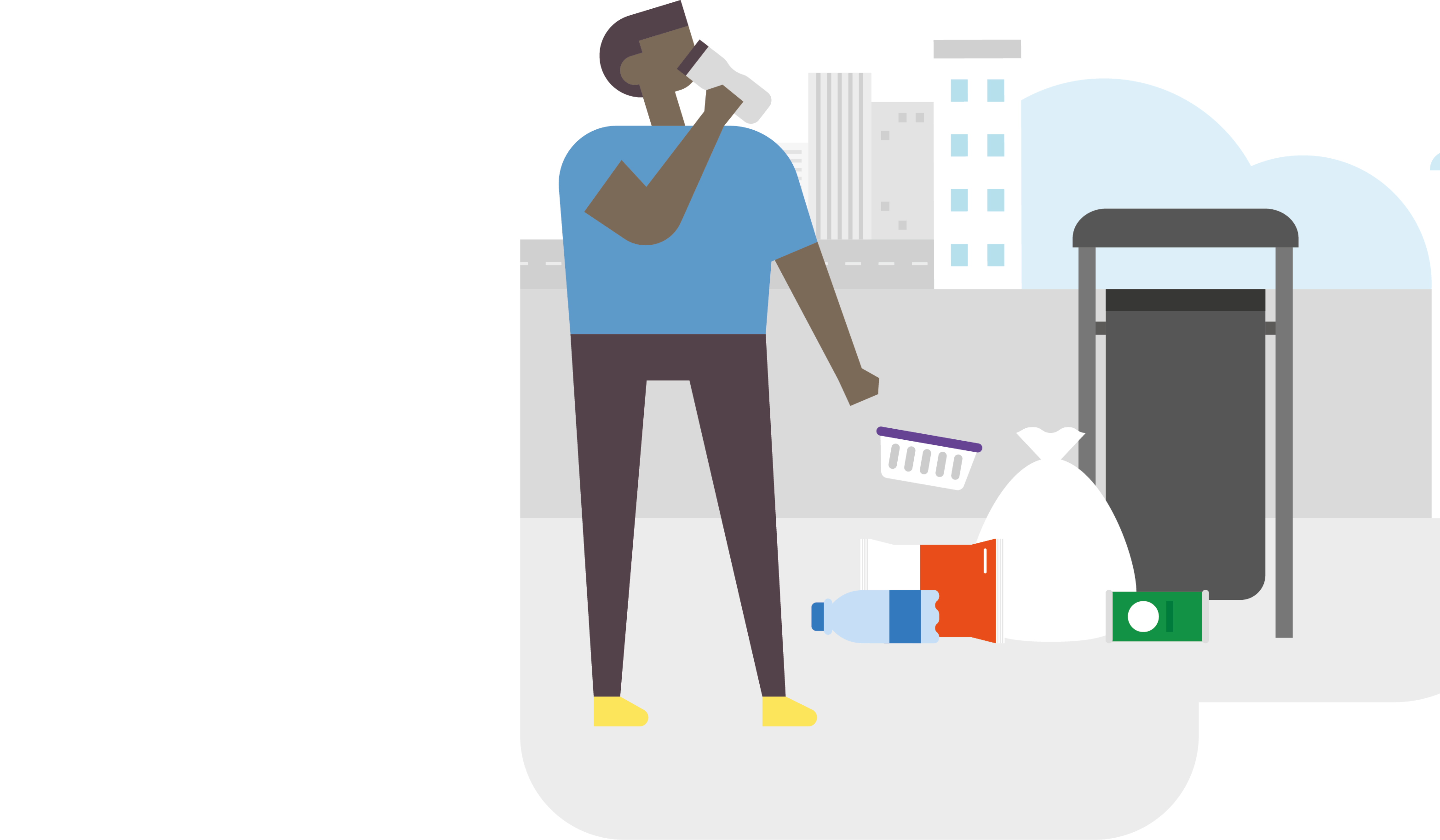
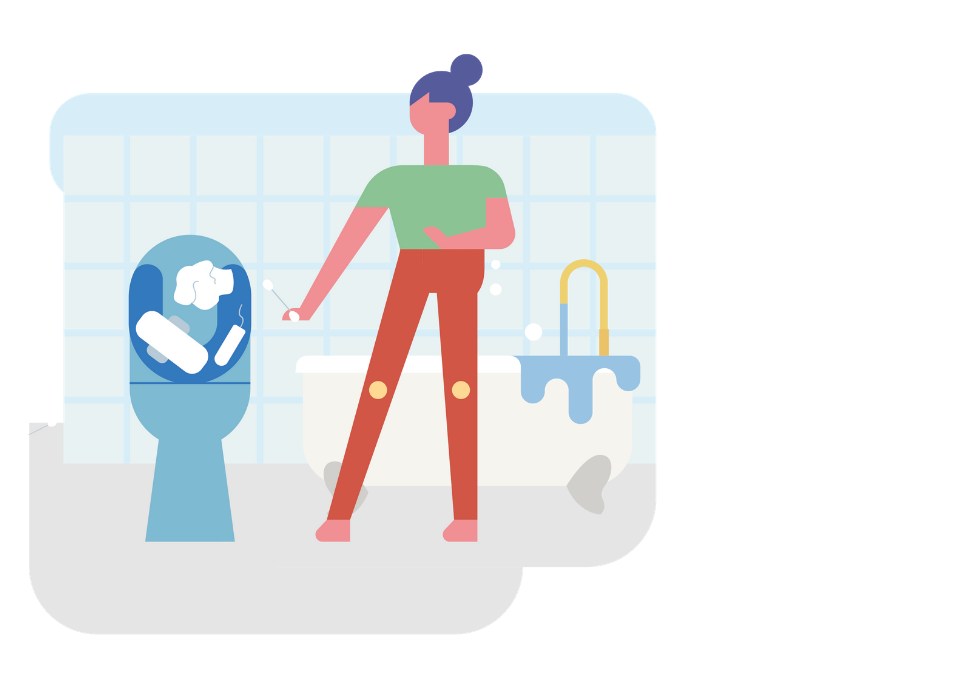
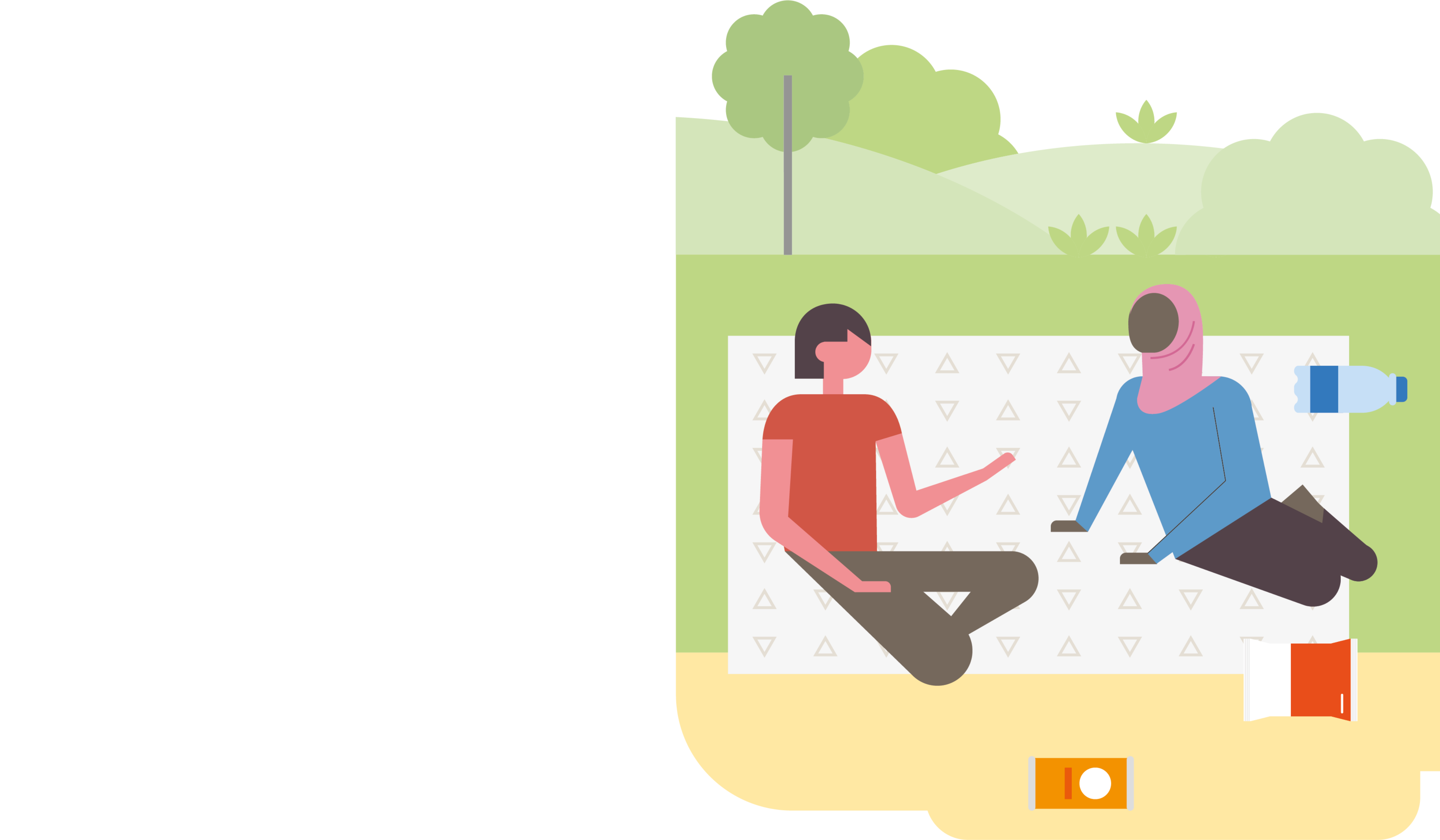
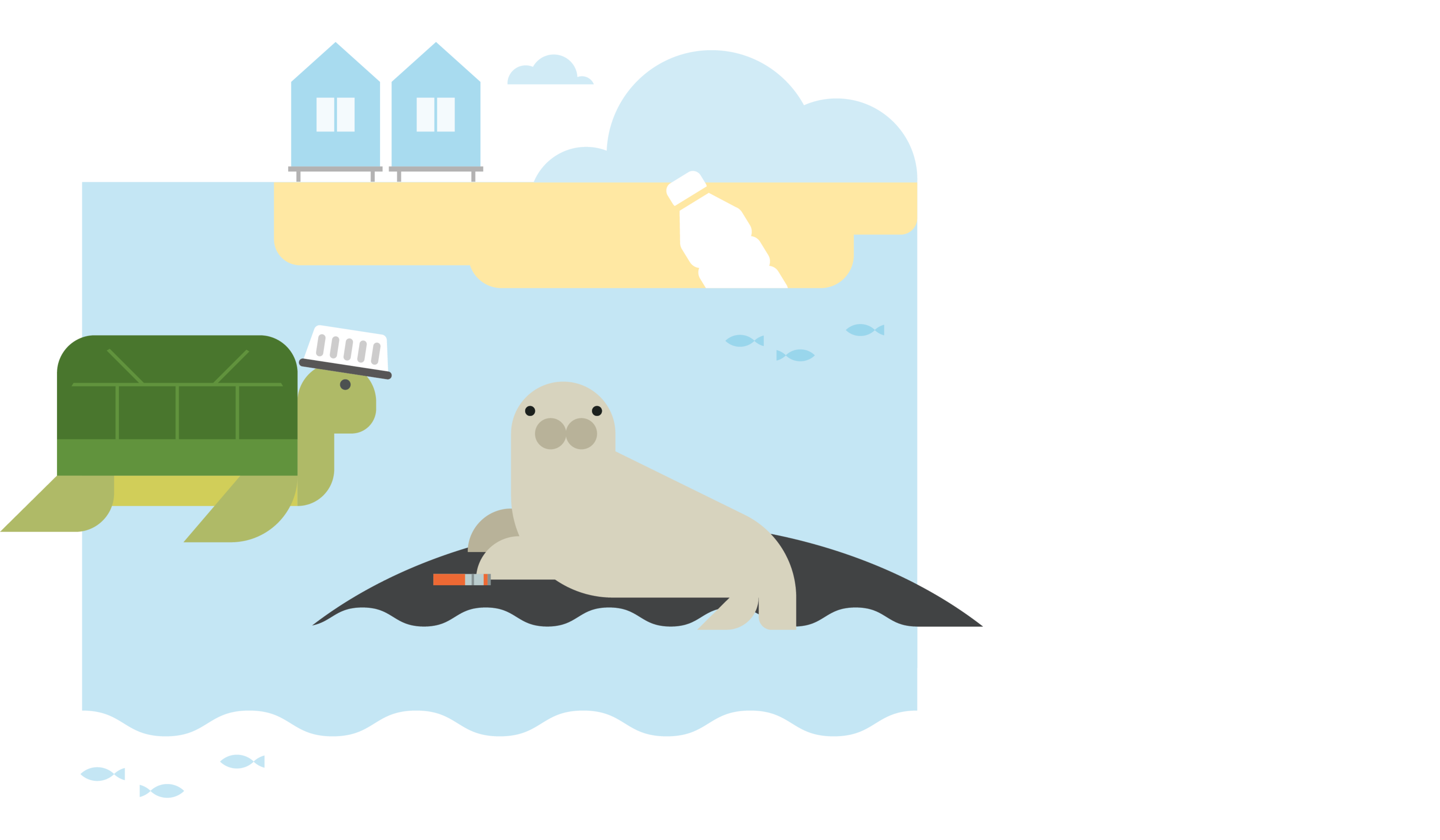

Natural Course is the UK’s only EU funded LIFE Integrated Project (LIFE 14 IPE/UK/027). It is a collaboration of public, private and third sector organisations working together to help deliver real improvements to rivers and the water environment acrost North West England.
Natural Course is designing projects to better understand and overcome some of the biggest barriers preventing the achievement of ‘good ecological status’ under the Water Environment (Water Framework Directive) Regulations in the North West River Basin District.
Find out more by visiting www.naturalcourse.co.uk
